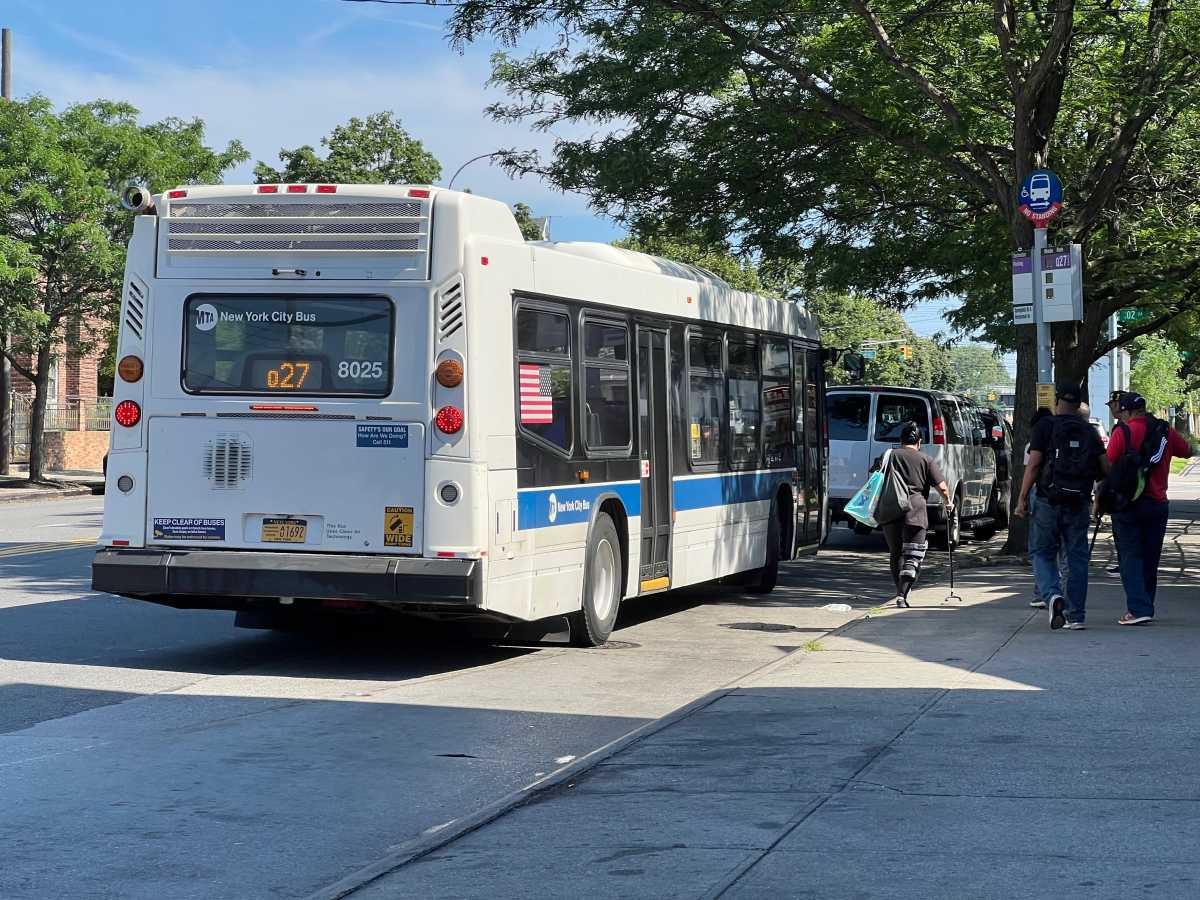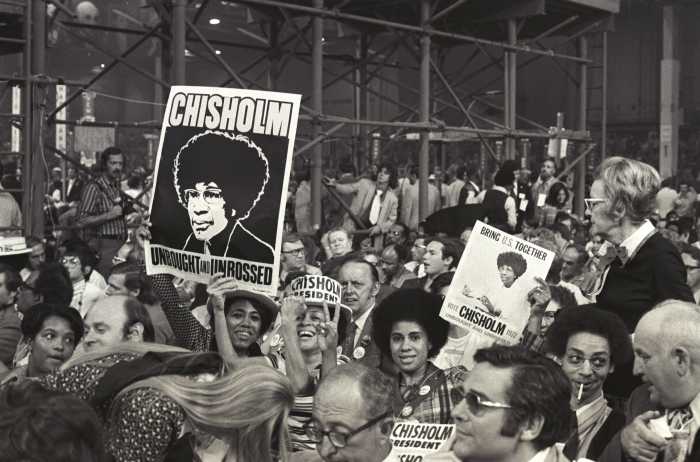What became of the Bayview women?
To The Editor:
Re: “From Prison to Prime Real Estate: Bayview’s Future in Flux” (news, June 12):
It has been eight months since the population of Bayview Womens’ Prison, [Correctional Facility] at 20th Street and 11th Avenue, was evacuated by the State just before Superstorm Sandy.
The 153 women were moved overnight to various upstate prisons. It was understood — by them, and by the Chelsea community — that they would return when the damaged heating and other systems were restored. Tens [hundreds?] of thousands of our dollars were speedily spent to make the repairs.
The women waited in their scattered locations, with every expectation of return…to their jobs, their classes, their family visits, their advisors and therapists. Months went by, and then the Governor announced that the facility would be closed, decommissioned and put on the block.
I want to know what became of these women. I want to know where they are. I want to know what happened to their educational credits. I want to know what happened to their children, their jobs, their husbands, their families, their hopes and their chances for a real life on the outside. There is tragedy here that has gone ignored — by the government, by the press, the elected officialsand by us, the people of this neighborhood, who have lived side by side for decades with this population in near complete ignorance of their presence.
We now know that this plan was in place long before the storm, with the excuse that Bayview cost too much to operate compared to other prisons in the state. The fact that it was a much more successful facility than those others didn’t factor in. The governor short-cut the public process, and took advantage of the emergency relocation to do the deed with no community input, and with great stealth. The fact that funds identified in the state’s next fiscal budget as proceeds from the sale of Bayview makes it clear that the plan to close Bayview was made in the dark, long before Sandy.
This property belongs to us, the citizens of this State. Our tax dollars purchased it in 1967, and have maintained it over the decades. We have the right to participate in decisions made about its fate.
Pamela Wolff
No need for NID now
To The Editor:
Madelyn Wils and the Hudson River Park Trust should be very happy. In the dead of night, our legislators in Albany gave them pretty much everything on their wish list, most notably, the potential sale of air rights.
Given this sweet deal, it’s puzzling that Friends of Hudson River Park is still pushing for the controversial neighborhood improvement district, or NID. Friends’ new line is that the legislation only helps with capital funding and, therefore, the NID is still needed for operating and maintenance funds.
However, that is inaccurate. By broadening the definition of accepted commercial activities within the park, allowing the Trust to levy a fee on commercial ship passengers that use the park’s terminals, passing the cost of insurance to city and state taxpayers and allowing longer commercial leases, the revised park act does a considerable amount to reduce the park’s operating costs and increase its operating revenues.
Friends may have a cash flow problem, but it makes no sense to solve that short-term problem with the imposition of a permanent tax on selected nearby residents. Especially since, as Douglas Durst argues, those residents’ property values may well suffer from the increased density that will result from a wall of taller buildings.
Instead, Friends should be advocating that a portion of the additional property tax revenue that will accrue to New York City’s coffers from the air rights transfer bonanza be earmarked for Hudson River Park maintenance. And Friends should be encouraging the Trust to live within its means, just as the rest of us have to do.
Sarah Bartlett, Nicole Vianna and Amy Johannes
Bartlett, Vianna and Johannes are members, Neighbors Against the NID
Inmates need to be near to families
To The Editor:
Re: “From Prison to Prime Real Estate: Bayview’s Future in Flux” (news, June 12):
Thank you for Winnie McCroy’s article on Bayview, the severely Hurricane Sandy-damaged landmark building on West 25th Street, between High Line Park and Chelsea Piers. Before Sandy, it was a women’s correctional facility. After Sandy, its inmates had to be dispersed to three different upstate facilities, away from the crucial supports of family, friends, and nearby agencies. Of course, as McCroy said, the state wants to sell this valuable building in a valued location to the highest bidder. Just look at the price the state could get for it and the tax revenue it could generate if converted to yet another luxury apartment building! Very likely to happen. And what money the State could save by not having to maintain this facility!
McCroy also told the community and inmates’ side of the story. The surrounding community has never shown the typical NIMBY (not in my back yard) response to this particular correction facility. After all, these are not extremely violent prisoners. But keeping them away from the supports of their families and the various counseling and educational services they had from nearby agencies might lower their resistance to the very behaviors that got them incarcerated in the first place. Then they would become unwelcome in any community and an additional expense to the city.
That is the main argument for trying to keep these women in or near Bayview, not supporting the jobs of the correction officers and the businesses they patronized. The latter is a secondary benefit. Bayview is primarily a correctional facility, not a jobs program.
Fortunately, State Senator Hoylman and Community Board 4 are looking at all these sides of the story.
Carol Weinstein
E-mail letters, not longer than 250 words in length, to news@chelseanow.com or fax to 212-229-2790 or mail to Chelsea Now, Letters to the Editor, 515 Canal St., Suite 1C, NY, NY 10013. Please include phone number for confirmation purposes. Chelsea Now reserves the right to edit letters for space, grammar, clarity and libel. Chelsea Now does not publish anonymous letters.







































